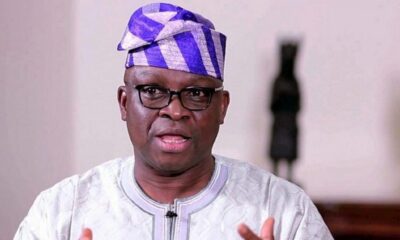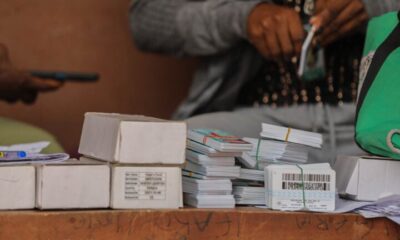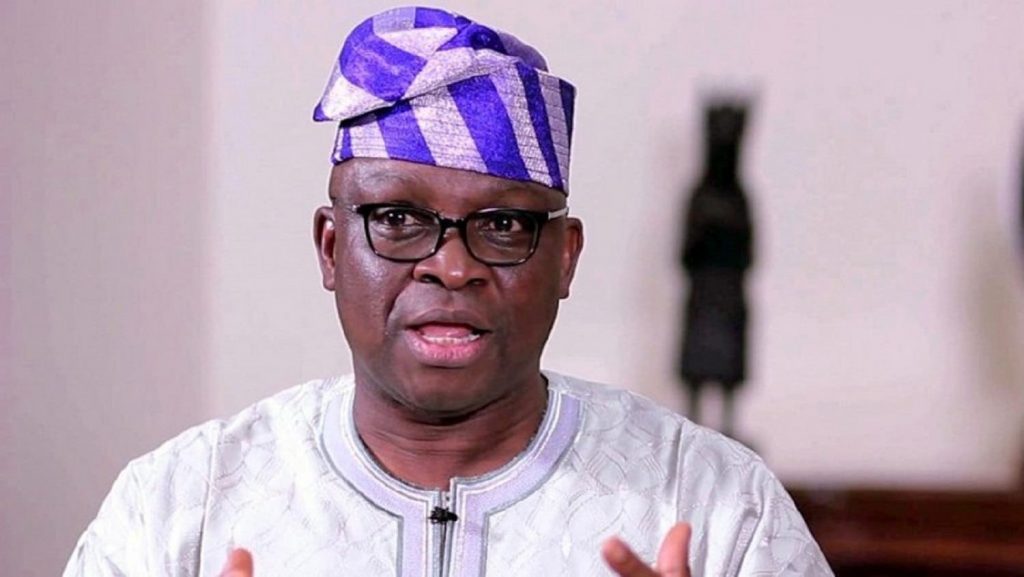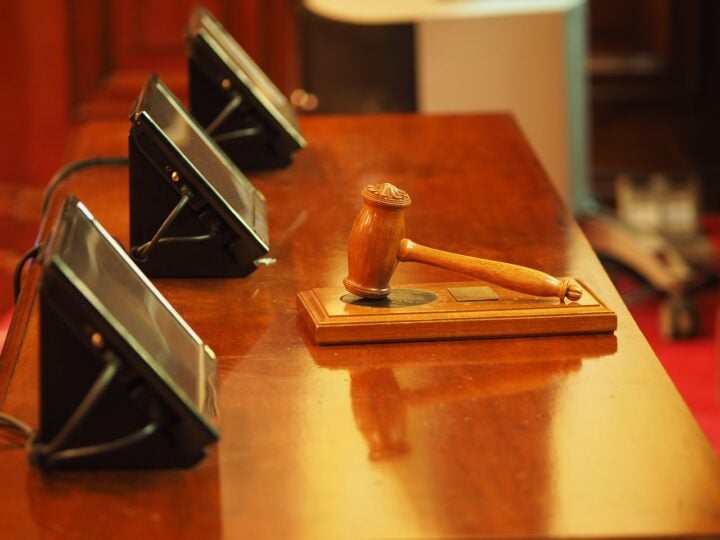BIG STORY
JUST IN: FG Set To Increase Electricity Tariff For Band B And C Customers
-

 BIG STORY2 days ago
BIG STORY2 days agoOsimhen Runs Riot As Nigeria Qualify For Play-Off For 2026 World Cup
-
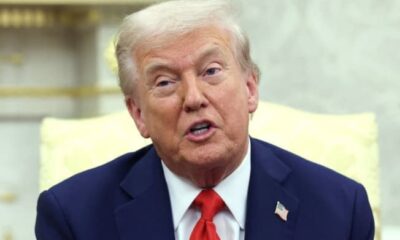
 BIG STORY1 day ago
BIG STORY1 day agoI’m Not Sure I’m Going to Make Heaven — Trump
-
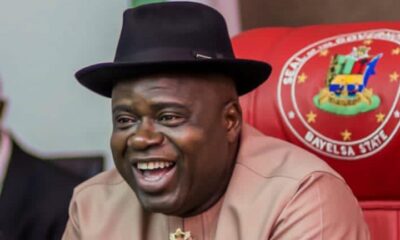
 BIG STORY19 hours ago
BIG STORY19 hours agoBREAKING: Bayelsa Governor Diri Resigns From PDP
-

 BIG STORY3 days ago
BIG STORY3 days ago“The Exco” Film Director Emmanuel Chidiebere Nwosu, Gathers Ex-President, Ex-Governors And Many Dignitaries For Movie Premiere
-
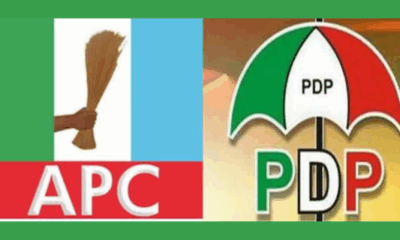
 BIG STORY2 days ago
BIG STORY2 days agoBREAKING: Three PDP Reps Dump Party, Join APC
-
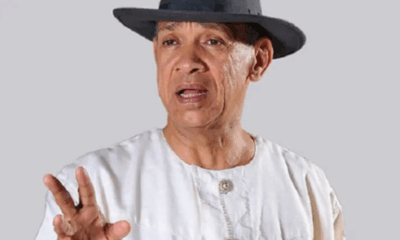
 BIG STORY18 hours ago
BIG STORY18 hours agoBREAKING: Ben Murray-Bruce Dumps PDP, Joins APC
-

 BIG STORY3 days ago
BIG STORY3 days agoThe Lagos E1 Success: How Governor Babajide Sanwo-Olu And His Tourism Team Put Lagos On The Global Map — By Seun Oloketuyi
-
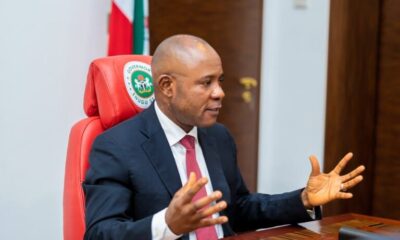
 BIG STORY2 days ago
BIG STORY2 days agoJUST IN: Peter Mbah Leaves PDP For APC, Says Move Is In Pursuit Of ‘Higher Principles’








